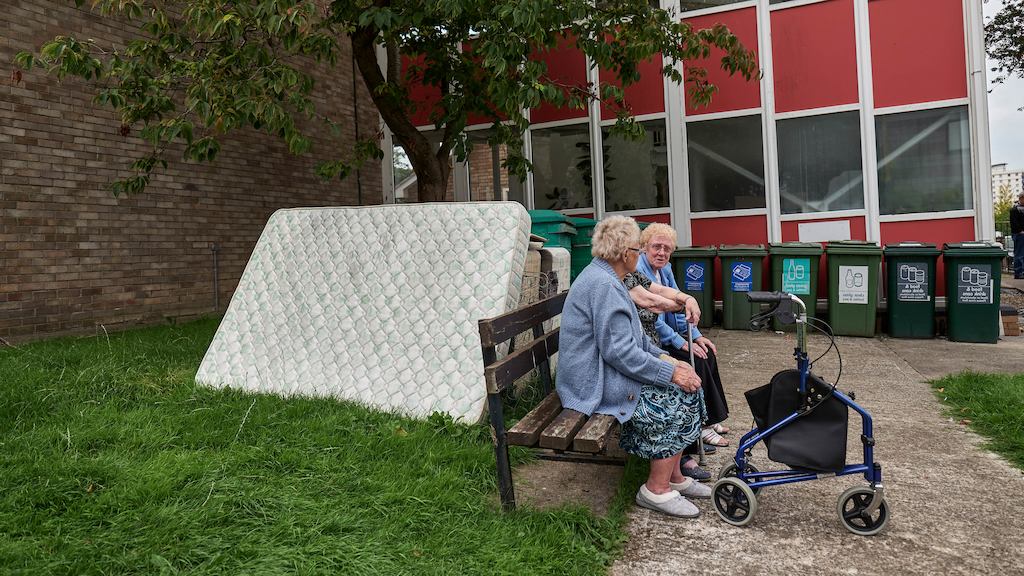The first national audit of intergenerational spending power lays bare serious and growing challenges faced by many in our society, from living standards and spending power to access to good health, housing and jobs.
Many headlines focused on the finding that people in their 20s and 30s are cutting back on non-essentials, while some people in later life are able to go out and enjoy the finer things. But there is more to the figures than meets the eye, leaving our next Prime Minister with difficult decisions to make.
Different generations have faced different economic and social circumstances, and that has affected their chances of being prosperous and successful over their lifetimes. Millions of millenials don’t have the benefit of the bank of mum and dad and face enormous housing costs, heavy debt and insecure employment. Many in their 40s and 50s are ‘sandwiched’, caring both for children and older relatives and struggling to look out for their own wellbeing. And persistent poverty among pensioners is rising at the same time as inequalities in healthy life expectancy widen, but the challenges faced by those older people living just above the poverty line are all too often eclipsed by stereotypes about gold-plated pensions and asset rich baby boomers.
But I think we must tread very carefully indeed if we are to frame the challenges we face in terms of intergenerational fairness.
There is a risk that the argument could become misinterpreted and oversimplified by others keen to pick a fight between different generations. After all, blaming one group in society for the misfortunes of another is a sadly popular line of argument.
Making current older generations the bogeymen and bogeywomen for issues like low economic growth, woeful housing supply, and the impact of austerity would be grossly misleading. If you want the wealthy to pay more to support the less well-off, then say that. Don’t say ‘older people’ when you mean ‘richer people’. You can play the game of statistical averages if you like, but really, it’s just discrimination.
The challenges presented in the Resolution Foundation’s report affect all of us and require all of society to respond together. Many of the problems the report identifies are in part the result of successive governments’ failure to adequately adapt to our ageing population.


